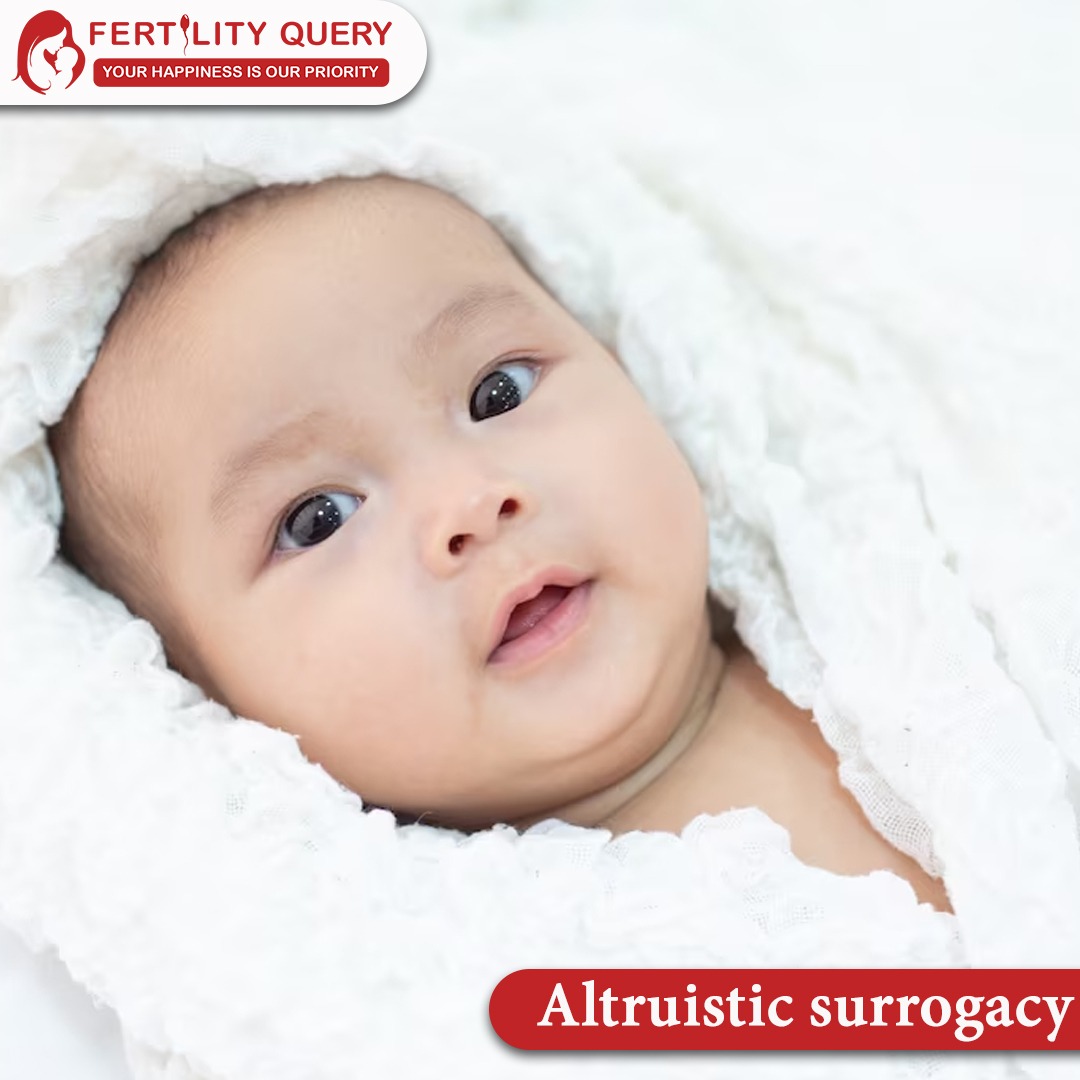
Best Altruistic Surrogacy Centre in
Best altruistic Surrogacy Centre in Hubli–Dharwad is a renowned medical centre that provides various services related to fertility and reproductive health. One of the services that the centre provides is altruistic surrogacy. Altruistic surrogacy is a type of surrogacy in which the surrogate mother carries the child for another couple without any financial gain. This practice is legal in India, and many couples opt for this option to have a child. In this article, we will discuss altruistic surrogacy in detail, its advantages and disadvantages, and its legal status in India.
Altruistic surrogacy in India:
Altruistic surrogacy is legal in India, but commercial surrogacy is not. In 2015, the Indian government banned commercial surrogacy, which means that surrogate mothers cannot receive any financial compensation for carrying a child for someone else. However, altruistic surrogacy is still legal in India, and many couples opt for this option to have a child.
Advantages of altruistic surrogacy:
One of the advantages of altruistic surrogacy is that it allows couples who cannot conceive naturally or carry a child to have a child of their own. It also provides a way for same-sex couples to have a child genetically related to one of them. Additionally, altruistic surrogacy can be less expensive than other forms of surrogacy since the surrogate mother does not receive any financial compensation.
Disadvantages of altruistic surrogacy:
One of the main disadvantages of altruistic surrogacy is the emotional and psychological toll it can take on the surrogate mother. Carrying a child for someone else can be a complex and challenging experience, and the surrogate mother may face emotional and psychological difficulties during the process. Additionally, the legal status of surrogacy in India can be complex, and there may be legal challenges during the process.
Legal status of altruistic surrogacy in India:
Altruistic surrogacy is legal in India, but there are certain legal guidelines that must be followed. The surrogate mother must be a close relative of the couple seeking surrogacy, and the couple must obtain a certificate of eligibility from the appropriate authority. Additionally, the couple must have been married for at least five years and must not have any surviving children of their own. The surrogate mother must also undergo medical and psychological evaluations before the process can begin.
Conclusion:
Altruistic surrogacy is a legal and viable option for couples who cannot conceive naturally or carry a child. While there are advantages to this option, there are also emotional and psychological challenges that the surrogate mother may face. Additionally, the legal status of surrogacy in India can be complex, and couples must follow certain legal guidelines to ensure that the process is legal and ethical. The Fertility Query Centre in Hubli-Dharwad is a reputable medical centre that provides high-quality services related to fertility and reproductive health, including altruistic surrogacy. Couples who are considering altruistic surrogacy should consult with a medical professional to determine whether this option is right for them.



